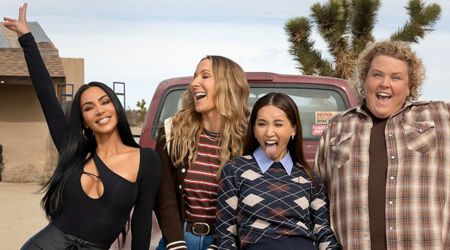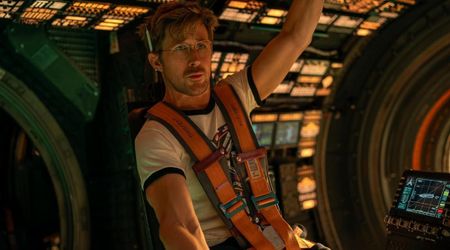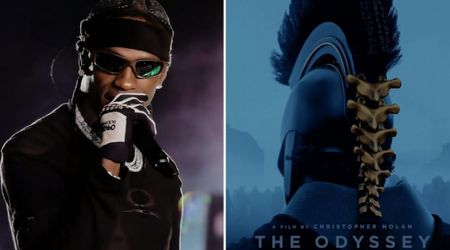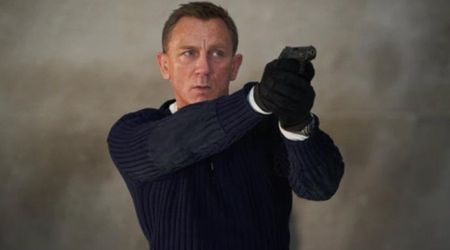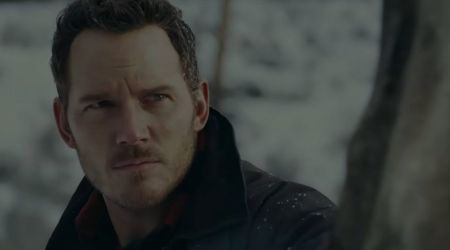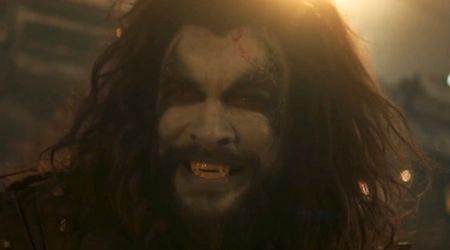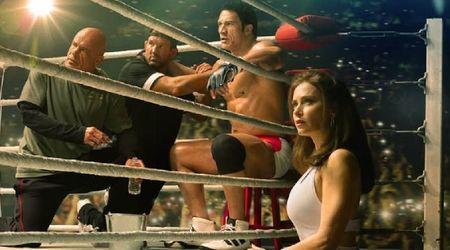Boosting security to video conferencing, here's how VFX and post-production companies are working in lockdown

The entertainment industry has been greatly impacted by the lockdown and social distancing guidelines imposed to prevent the spread of the virus. Film premieres have either been postponed or canceled, filming schedules have gone on indefinite hiatus, and in general, there are no movie-goers to boost the sales of films as theaters have been shut down. Inevitably every aspect of the film industry, from talent agencies to post-production companies, is not going to escape from this crisis, unscathed. This makes us wonder how VFX companies who depend on their office work-space are faring through the pandemic that has forced literally everyone to adapt to working remotely.
The bigger post-production companies have been keeping a watchful eye on all of their global offices since the outbreak to strategize and plan appropriate measures in order to implement work-from-home. However, the pandemic has affected them in the sense that with many ongoing projects coming to a halt, the work schedules have been severely hampered. Meanwhile completed projects have picked up their pace in the post-production stage, especially at smaller VFX firms that have seen a hike in business since the pandemic set in. They have been pushed by studios and streamers to expedite the work so that the completed projects can be finished and readied for release.

Buffalo 8's Matthew Helderman said to The Hollywood Reporter, "We haven't lost any projects since the start of the crisis. In fact, we've seen a 20 percent to 25 percent increase in overall business for our VFX and postproduction operations." Buffalo 8 is a Santa Monica-based post-production house that has worked on the Lionsgate crime-thriller 'Arkansas', and Neil Marshall's 'The Reckoning'. It was established as a remote facility from the start.
"Productions that have wrapped are still keen to hit their delivery targets," Florian Gellinger of German VFX house Rise said to THR. "Some of the bigger productions are covering their bets by putting out work to multiple smaller VFX houses at once." Rise is currently working on post-production for Netflix's 'Dark', Disney Plus' 'Artemis Fowl', and the STX's 'Gunpowder Milkshake'. Gellinger also informed THR that they had to turn down work to ensure that they weren't overexerted during the pandemic.
"We're not bidding on anything right now that's complicated and requires a quick turnaround," he added. "Because we can't just fly in freelancers from Spain or Italy like we can normally. We are currently working at 50 percent to 70 percent of our full capacity, keeping something in reserve. We don't want to be in a position where we can't deliver."
Gellinger also said that the company had no problems switching to operating remotely. The one concern, however, was security, as clients of the production house expressed their worries about details from their projects being leaked or hacked. Gellinger said to THR that they managed to adjust their security and NDAs that assured clients of security. "A lot of the stuff was basic: like extending NDAs for employees working at home to all members of a household or banning a remote worker from having their computer in front of a ground-floor window," he added.

Visual effects artists, colorists, and editors have had to adapt to remote working with work meetings held over Zoom, Microsoft Teams, and other video calling platforms. But the concern persists that if production doesn't continue and all post-production work is finished, then there won't be work to do. Tony Clark, the managing director at Rising Sun Pictures, an Australian VFX company, told Variety that despite most of the staff working from home, others are still working on site. "We have implemented high-frequency cleaning and other actions to keep our workplace safe for the crew and their families", said Clark. The pandemic situation in South Australia, where Rising Sun Pictures is based, isn't as serious as the rest of the country, with only limited COVID-19 positive cases reported.
But long distancing during work isn't a new concept since the VFX company is a global franchise but that might potentially change. If that happens, Clark said "There will be a significant cost to the business, substantially in capital expenditure plus labor and additional operational costs", while they work out the logistics.
Artists have established a stable connection with their clients, as Barbara Marshall of MTI Film notes. “They do drop-ins and titling through screen shares so clients can see their monitors,” she explained to Variety. However, the color correction process is a bit more precarious, as not every client in question would possibly own calibrated monitors or the right equipment as the colorist. “The colorist is alone in the room and has the client on the phone and they’ll do live color corrections,” said Marshall.
Amid the several issues arising out of the pandemic recession and mass furloughing of employees in every sector of the economy, the majority of VFX companies have managed to retain their staff and keep them on board. Working remotely can be perplexing, but the companies have been taking measures to ensure that the workflow is smooth and that everyone stays connected to each other. And while film productions have come to a halt, animation films still continue to be produced as they don't require any live-action filming.

